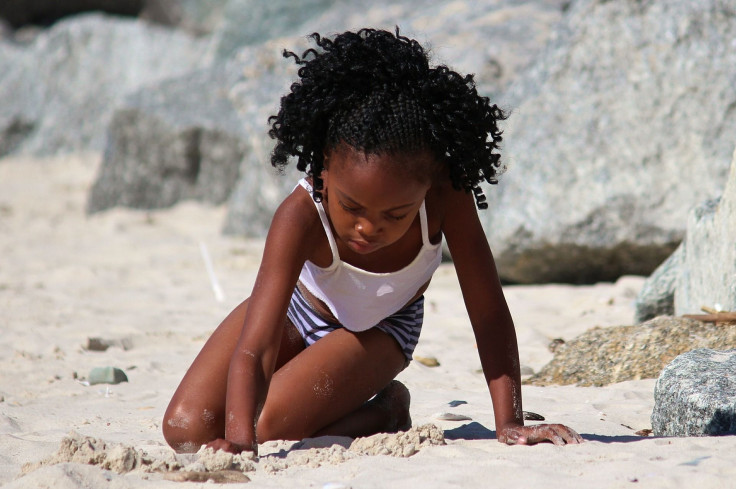How 'Adultification' Affects Young, Black Girls

Black girls as young as 5 are already viewed as less innocent and more grown-up than their white peers of the same age, according to new research.
Adults also view black girls, particularly those ages 5 to 14 years old, as knowing more about sex and needing less nurture, protection and support than white girls, according to a report released by Georgetown Law’s Center on Poverty and Inequality. The researchers call this “adultification,” which is when a person views a non-adult as an adult.
“This new evidence of what we call the ‘adultification’ of black girls may help explain why black girls in America are disciplined much more often and more severely than white girls – across our schools and in our juvenile justice system,” Rebecca Epstein, lead author of the report, said in a statement.
The study builds on previous findings from another researcher that found beginning at age 10, black boys are misperceived as older than their white peers. Authors of the study on girls used a similar scale from the boys study to help identify stereotypes of black females. Their findings revealed adultification begins at an even younger age for girls.
Epstein and her colleagues surveyed 325 adults from a range of racial, ethnic, and educational backgrounds, but a majority of them were white females and had an advanced degree. The participants were randomly assigned to one of two groups given identical questions about either black or white kids. Examples of the questions include: “How much do [black or white] girls need to be comforted?” and "How knowledgeable are black (or white) females about sex?" The adults answered the questions using a 5-point rating scale, CNN reported.
The study did not examine the different views among black and white adults, study author Jamilia Blake told The Washington Post. But, the findings revealed that as a whole, adults were more likely to view young, black females in a different light than their white peers.
“Ultimately, adultification is a form of dehumanization, robbing black children of the very essence of what makes childhood distinct from all other developmental periods: innocence,” the authors wrote. “Adultification contributes to a false narrative that black youths’ transgressions are intentional and malicious, instead of the result of immature decision-making—a key characteristic of childhood.”
In their published report, the authors call on researchers to conduct more studies investigating the adultification of black girls. Additionally, they urge legislators, advocates, and policymakers to analyze disparities among black girls and initiate the appropriate measures for reform. Finally, they recommend teachers and law enforcement with training on the subject to fight the implicit bias against black girls.
“Above all, further efforts must ensure that the voices of Black girls themselves remain front and center to the work,” they conclude.
The full report, titled “Girlhood Interrupted: The Erasure of Black Girls’ Childhood,” can be viewed here.











